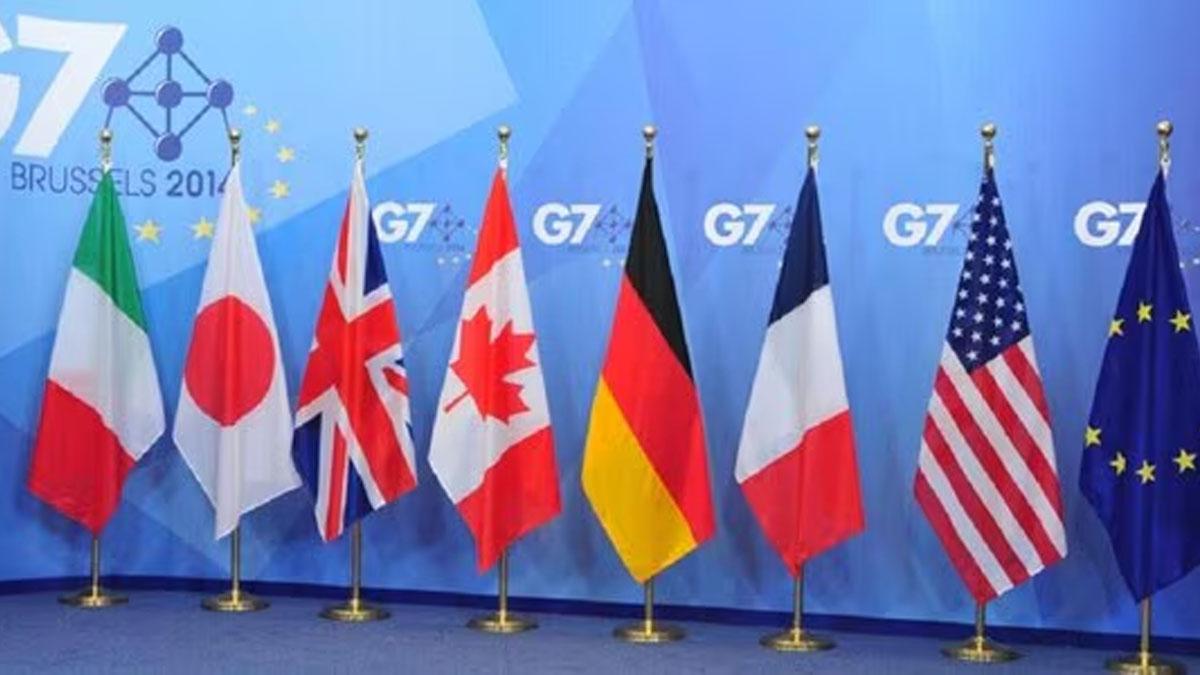In a resolute denouncement, the G-7 leaders sternly condemned Iran's recent direct assault on Israel, expressing deep concern over the potential for heightened regional tensions. The attack, marked by a barrage of drones and missiles, prompted the G-7 to call for immediate de-escalation and a commitment to stability in the region.
Following a virtual meeting initiated by President Joe Biden, the G-7 leaders underscored their solidarity with Israel and emphasized the need for Iran and its proxies to cease further hostilities. Despite the scale of the attack, Israel successfully intercepted the majority of the incoming projectiles, minimizing damage.
The G-7 countries, comprising the US, Italy, Japan, Germany, France, Britain, and Canada, reiterated their unwavering support for Israel's security. Additionally, they pledged to enhance cooperation to resolve the crisis in Gaza, including efforts to secure a lasting ceasefire and provide humanitarian aid to Palestinians.
President Biden personally commended the efforts of the fighter squadrons involved in defending Israel against the attack. Meanwhile, at the United Nations, an emergency meeting was convened to address the airborne assault, with Israel emphasizing the gravity of the situation and calling for decisive action against Iran.
Iran, however, defended its actions as a legitimate exercise of self-defense in response to previous attacks by Israel. The exchange of letters between Israel and Iran underscores the deepening tensions in the region, with both sides invoking international law to justify their actions.
As Israel seeks international condemnation of Iran's actions, and Iran defends its right to retaliate, the situation remains highly volatile, with the potential for further escalation looming large. Efforts to de-escalate tensions and restore stability will require concerted diplomatic efforts and a commitment to dialogue from all parties involved.
Read also | US President Calls for G7 Summit in Response to Iran's Assault on Israel


















